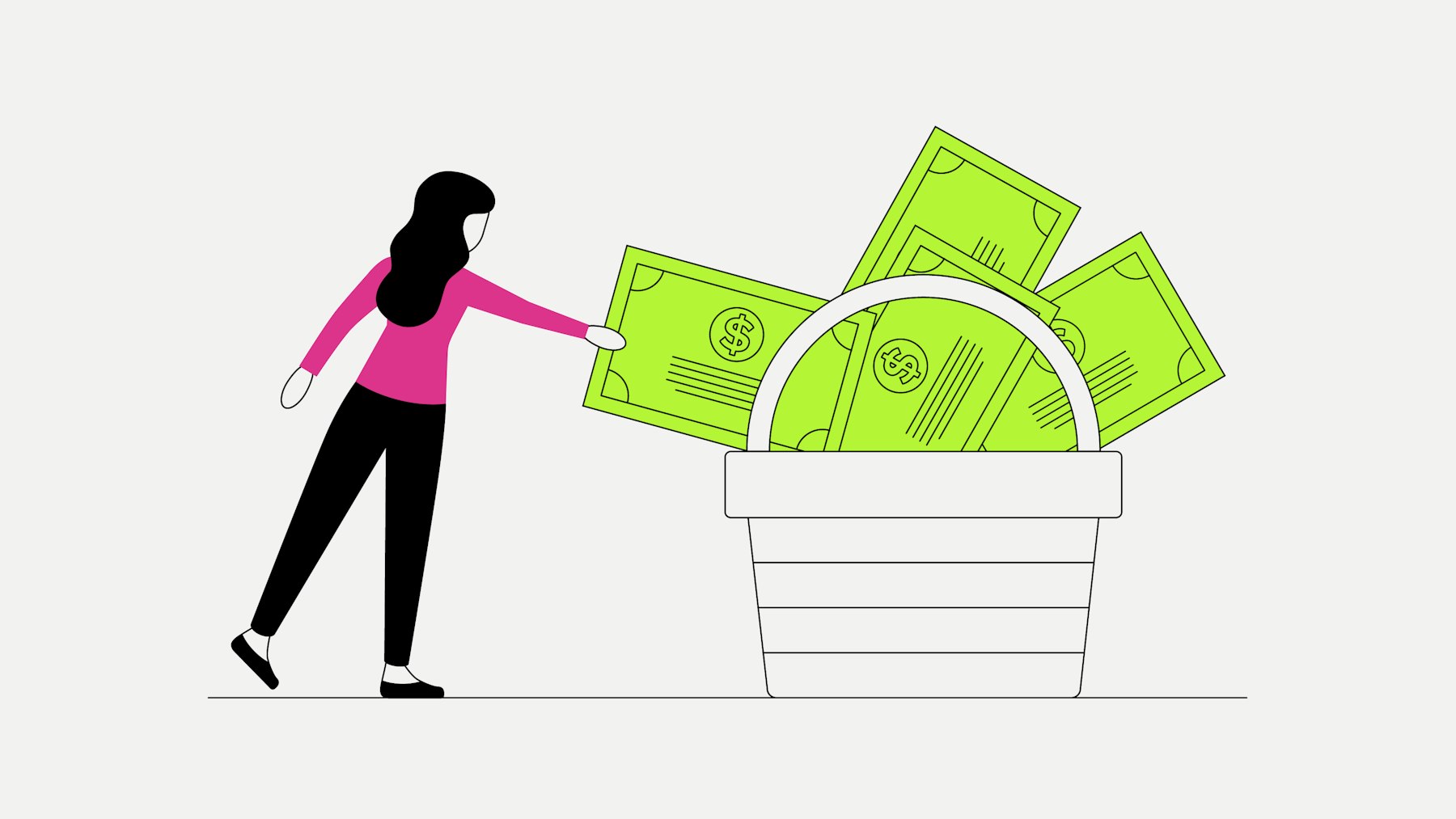What is a fund?
Generally speaking, a fund is money that you set aside for a specific purpose. An emergency fund is money that you set aside for emergencies. You may also have a retirement fund or other types of personal funds.
What is a mutual fund?
One of the most common types of investment funds is a “mutual fund”, an actively managed portfolio or pool of stocks, bonds and other assets that investors can buy shares in. In simple terms, it is an investment vehicle where many investors deposit money together by buying shares and therefore all co-own parts of the fund.
Unlike passive funds tied to an index, mutual funds are actively managed by capital investment companies. These companies act as brokers and select various securities based on risk parameters and the orientation of the fund.
Equity funds often manage over a hundred different individual stocks. As you can imagine, a private investor is usually unable to spread assets across such a wide range of stocks for financial reasons, so this is where investment funds come in.
A mutual fund is managed by investment professionals. It is usually an “open-end” or “open-ended fund”, meaning that shares can be purchased and also be returned to the issuing company by fund managers.
The size of a company based on its market capitalisation is an important factor in the structure of a mutual fund. Funds that are mainly invested in companies with large market capitalisation (“large caps”) have been known to pay steady dividends at low risk for the investor, while companies that are considered “mid-caps” may offer higher returns than large caps, albeit at higher risk and “small caps” are putting in strong growth while being highly volatile, meaning stock prices may fluctuate strongly.
What are index funds?
An investment fund may also be based on an index, meaning that a fund replicates the performance of a stock market index. In this case, the securities in this fund are the same as in the index. In this case we are speaking of a “passive fund”. Mutual funds require a high degree of active management by expert managers, which is why they are usually associated with higher costs for investors.
Thanks to such extensive diversification, the consequences of individual company defaults, like a company declaring bankruptcy, are usually much less significant when investing in a fund with many different assets.
